On average, a single green cardamom pod contains between 6 to 10 small, hard, black seeds. This number varies based on pod size, variety, and growing conditions.
How Many Seeds Are Inside a Cardamom Pod?
According to culinary experts and the USDA Food Database, cardamom pods typically contain 6-10 seeds. The exact count depends on several factors:
| Pod Size | Average Seed Count | Flavor Intensity (Relative) |
|---|---|---|
| Small (under 8mm) | 4–6 seeds | Mild |
| Medium (8–10mm) | 6–9 seeds | Moderate |
| Large (10mm+) | 9–12 seeds | Strong |
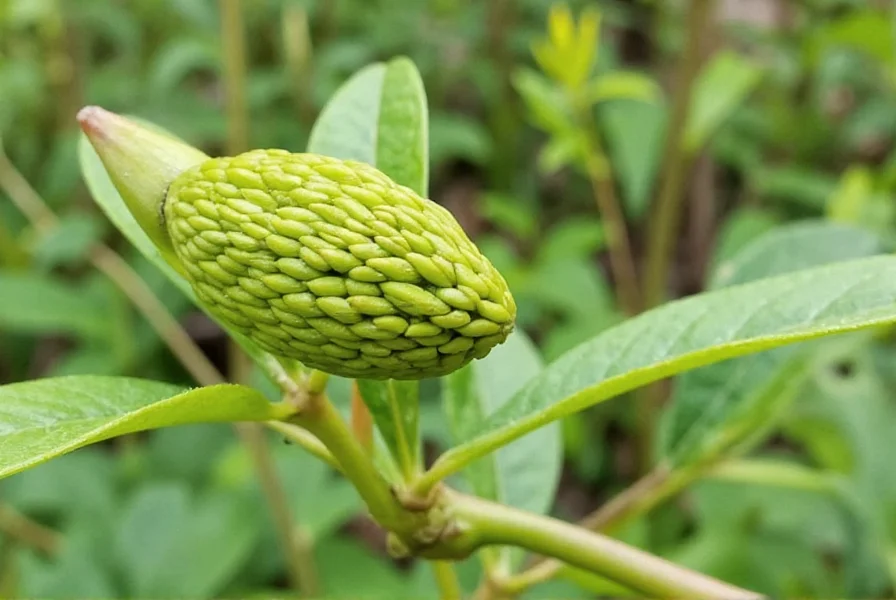
This variation occurs due to natural growing conditions—some pods may be hollow, while others pack more seeds than expected. For precise cooking results, always check seed count when following recipes requiring specific flavor intensity.
Why Seed Count Matters in Cooking
The number of seeds directly impacts flavor strength in dishes:
- More seeds = stronger aroma and taste (ideal for bold recipes like chai or biryani)
- Fewer seeds = subtler presence (best for delicate desserts or background flavoring)
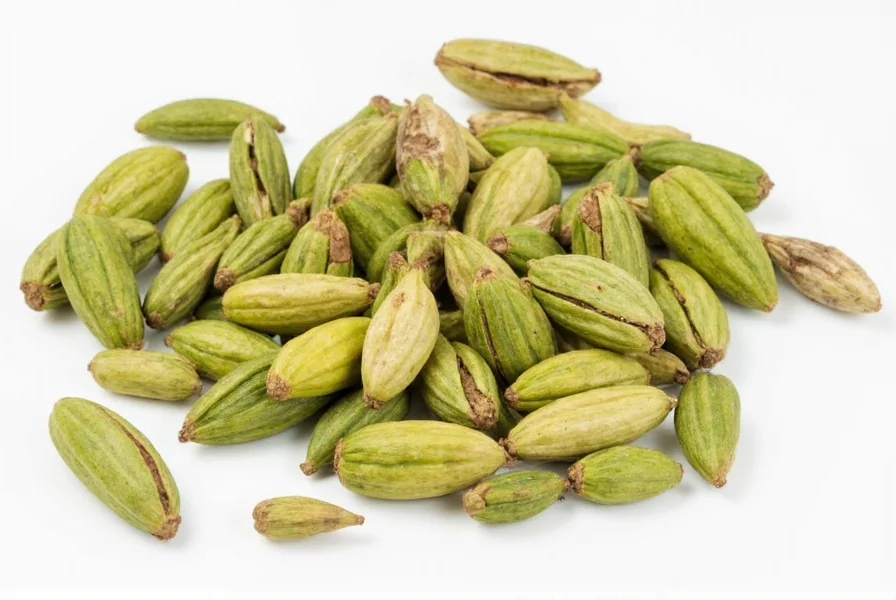
Practical Tips for Maximizing Flavor
- Crack pods open using a knife or mortar to release seeds and oils before cooking.
- Use whole pods in simmering dishes (like curries or rice), then remove before serving.
- Grind seeds fresh only when needed for maximum potency; store unused seeds in airtight containers away from light and heat.
- Start with fewer seeds and adjust upward—cardamom is potent and can easily overpower dishes.
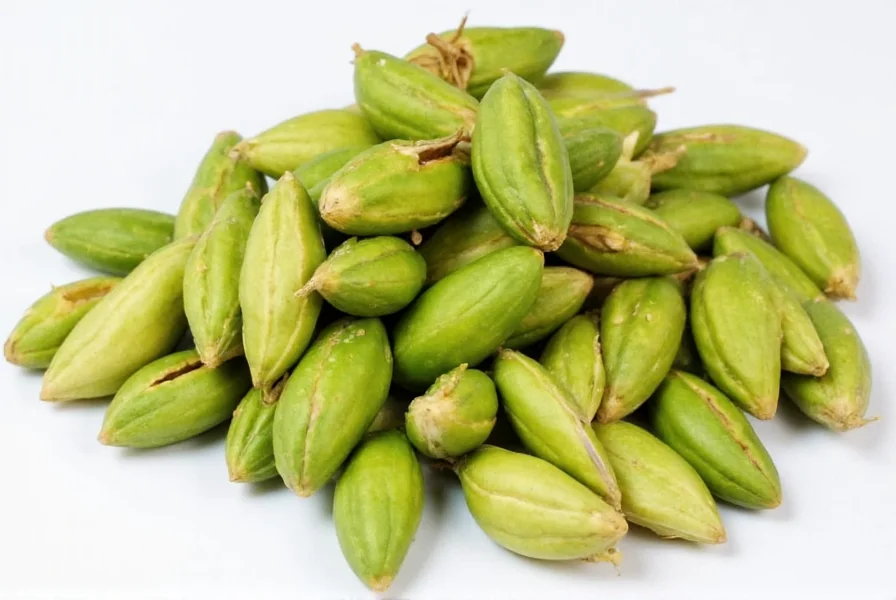
Buying Guide: Selecting Quality Cardamom Pods
Choose pods based on these quality indicators:
- Appearance: Plump, green pods with intact husks (avoid dry, cracked, or discolored pods)
- Scent: Strong, sweet, citrusy aroma when crushed
- Source: Reputable suppliers specializing in whole spices
- Storage: Buy in airtight packaging and store away from heat and light to preserve freshness
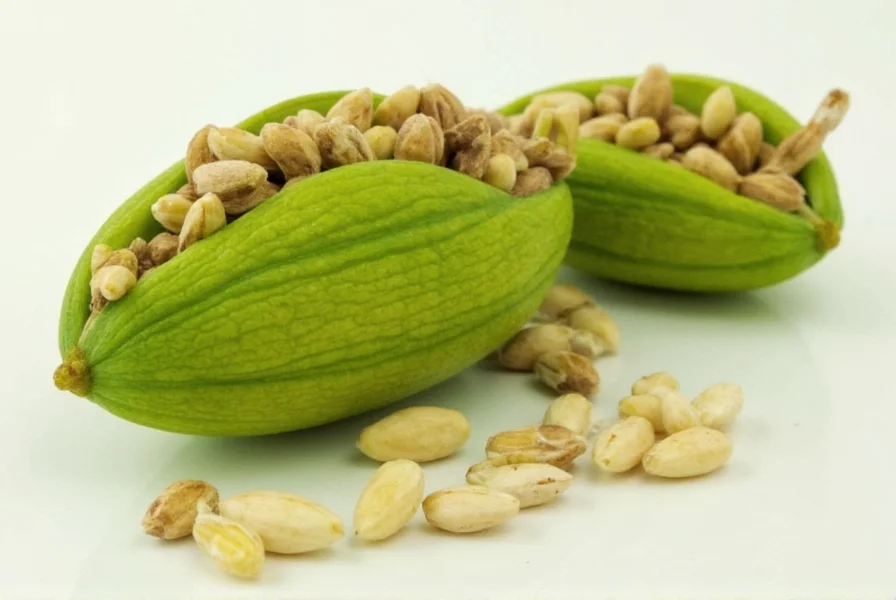
Frequently Asked Questions About Cardamom Seeds
How many seeds are typically found in a cardamom pod?
On average, a single green cardamom pod contains between 6 to 10 small, hard, black seeds. Small pods (under 8mm) typically have 4-6 seeds, medium pods (8-10mm) have 6-9 seeds, and large pods (10mm+) contain 9-12 seeds. This varies based on growing conditions and pod maturity.
Does seed count affect cardamom flavor intensity?
Yes. More seeds generally produce stronger flavor and aroma. For precise recipes (like desserts or spice blends), counting seeds ensures consistent results. In everyday cooking, whole pods are sufficient, but checking seed count helps avoid overpowering dishes.
Should I remove seeds from cardamom pods before using?
For simmered dishes (e.g., curries or rice), whole pods can be added directly and removed before serving. For baked goods or dry spice blends, remove and grind seeds for even flavor distribution. The husk contains minimal flavor compared to the seeds.
How long do cardamom pods stay fresh?
Whole pods retain freshness for up to 1 year when stored in airtight containers away from light and heat. Ground cardamom loses potency faster and should be used within 3-6 months. Always grind seeds fresh for maximum flavor.
Conclusion
Knowing the seed count in cardamom pods is essential for controlling flavor in cooking. Whether you're making chai, desserts, or savory dishes, understanding how pod size affects seed count helps achieve perfect seasoning. Always check pods before use—crack one open to see the seeds inside and adjust recipes accordingly for the best results.
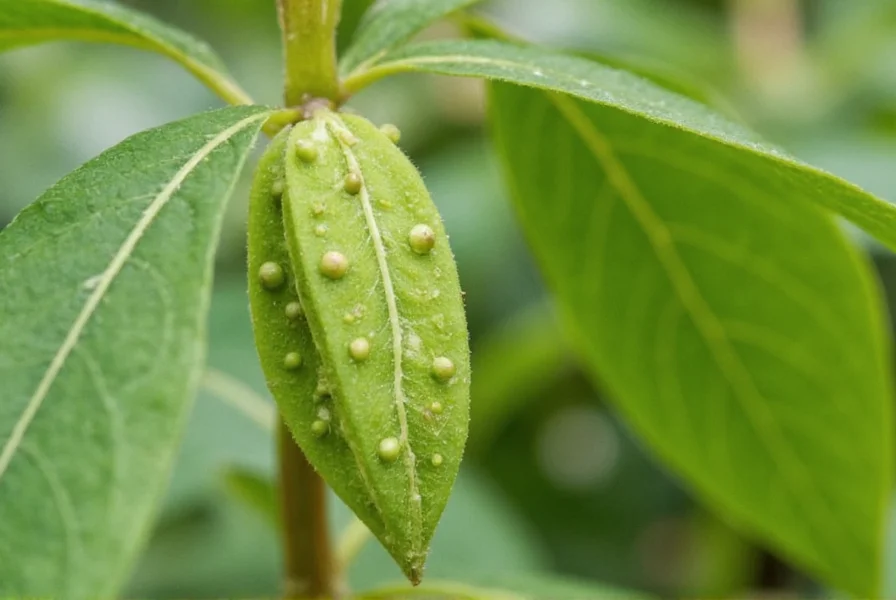

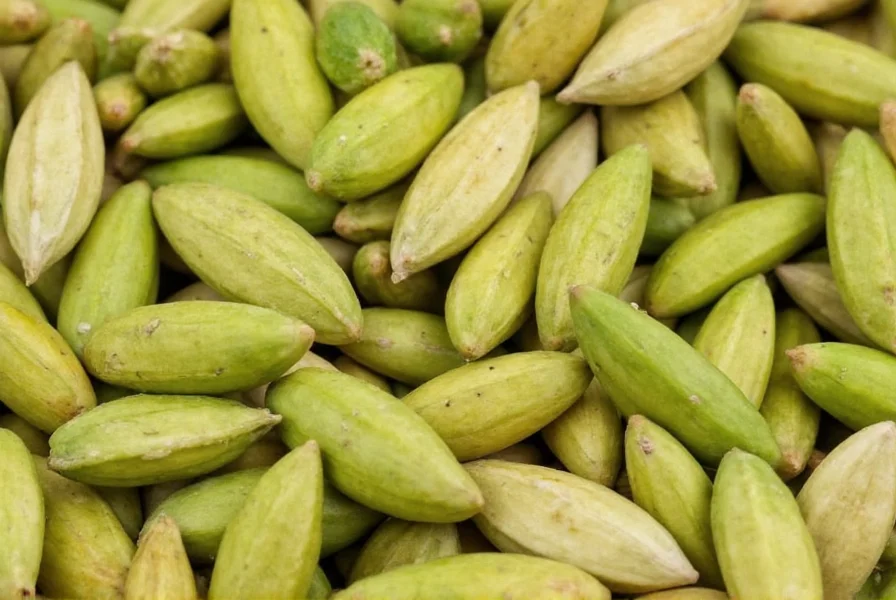









 浙公网安备
33010002000092号
浙公网安备
33010002000092号 浙B2-20120091-4
浙B2-20120091-4